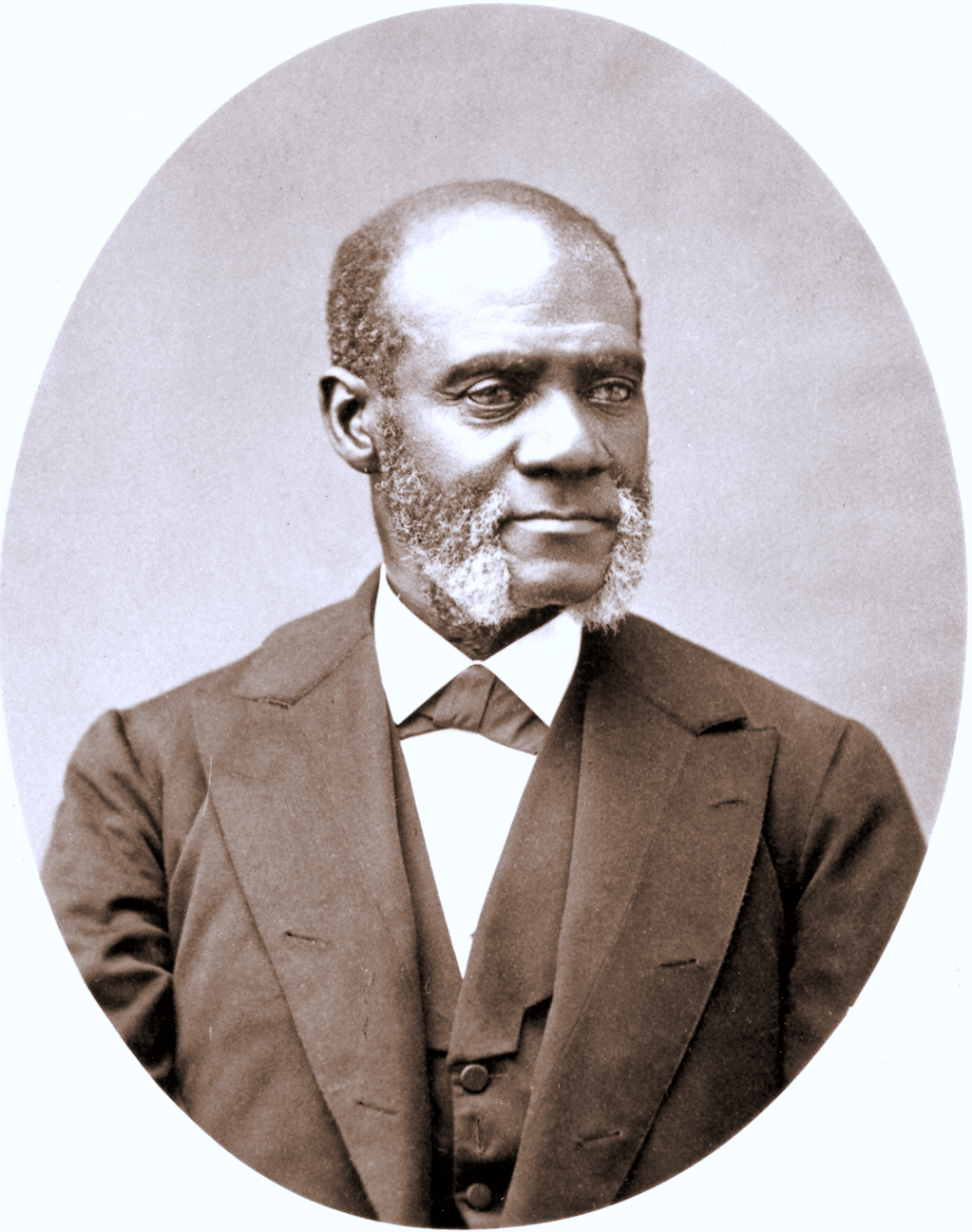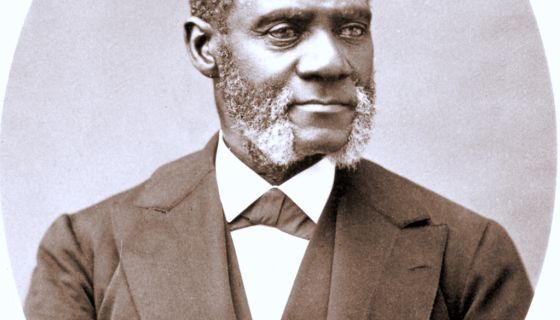Little Known Black History Fact: Henry Highland Garnet

Henry Highland Garnet made history as the first Black minister to address the U.S. House of Representatives in 1865, but another pivotal moment in his life took place this week in 1843. Garnet’s famous speech “Call To Rebellion” rallied slaves to rise up against their masters and was widely criticized by other abolitionists for being too radical.
Garnet was born December 23, 1815 in New Market, Md. The family escaped slavery and settled in New York where Garnet attended school and joined the surging abolitionist movement. He became a Presbyterian minister in New York starting in 1842.
On August, 21, 1843, Garnet addressed the National Negro Convention with the speech, demanding that the enslaved pool their resources and snatch back their freedom. The speech was denounced by attendees of the convention because of its radicalism, including by Garnet’s colleague, Frederick Douglass. Douglass and other abolitionists felt that Garnet’s fiery speech would stoke the fears of whites and upend their non-violent efforts.
“Brethren, it is as wrong for your lordly oppressors to keep you in slavery as it was for the man thief to steal our ancestors from the coast of Africa. You should therefore now use the same manner of resistance, as would have been just in our ancestors when the bloody foot-prints of the first remorseless soul-thief was placed upon the shores of our fatherland. The humblest peasant is as free in the sight of God as the proudest monarch that ever swayed a sceptre,” Garnet said in part of his address.
Garnet later traveled to Europe in 1850 and worked in the country as a celebrated lecturer regarding anti-slavery efforts. On February 12, 1865, Garnet made his appearance at the House. Near the end of his life, Garnet chose to live out his remaining days in Liberia. He was named the U.S. Minister for Liberia, dying two months into his term.
READ MORE STORIES ON BLACKAMERICAWEB.COM:
- Sigma Gamma Rho Honors 2025 Inductees for Excellence and Local Impact
- Classic UNO Card Game Lands in Las Vegas Casinos
- Boys & Girls Club Programs At Risk As Trump Freezes Federal Funding
SIGN UP FOR OUR NEWSLETTER:
LIKE US ON FACEBOOK. FOLLOW US ON TWITTER AND INSTAGRAM















